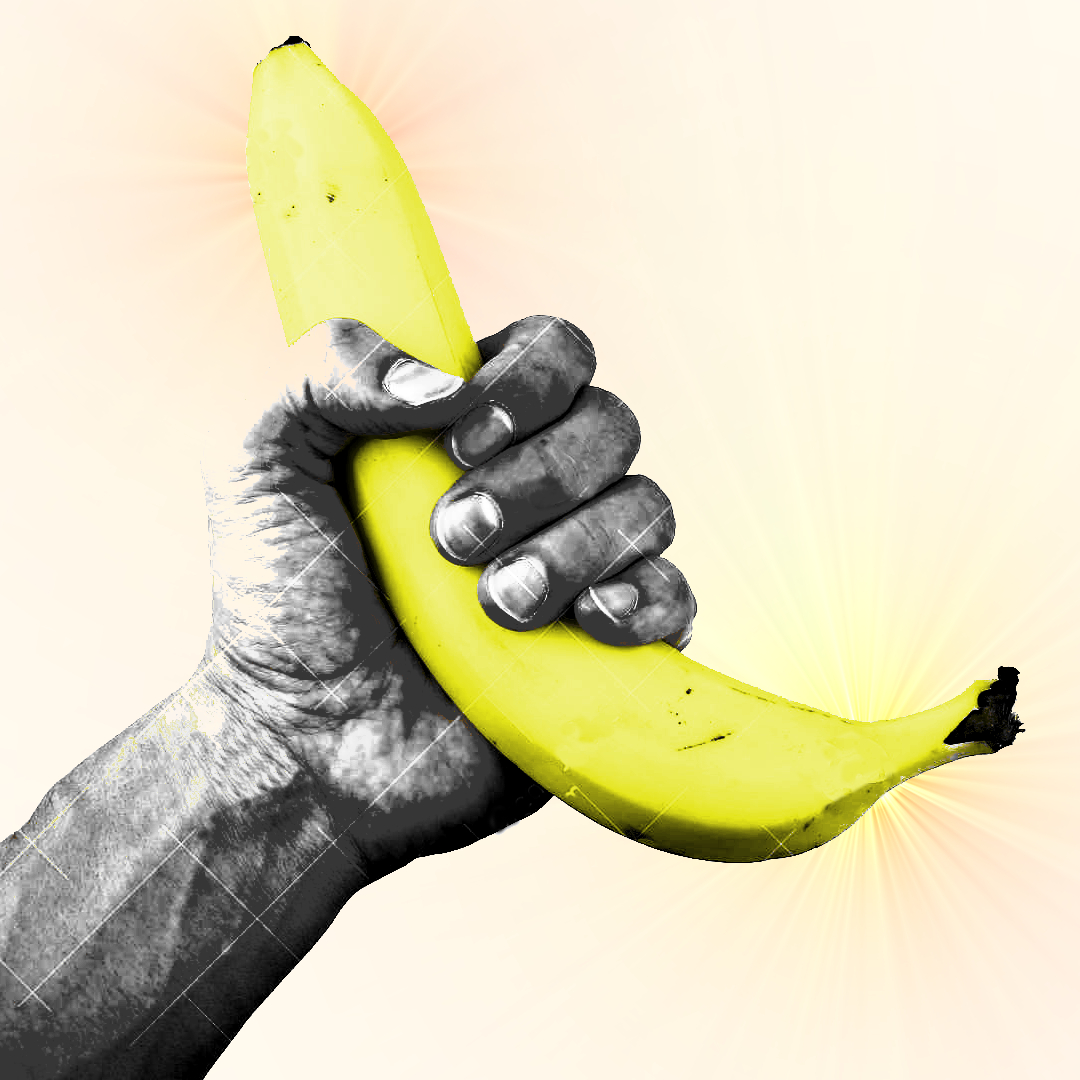Banana genes bent to help impoverished millions
 Researchers are narrowing down the list of candidates for a banana to save lives.
Researchers are narrowing down the list of candidates for a banana to save lives.
Queensland University of Technology (QUT) researchers are engineering a fruit designed to boost beta-carotene intake in Africa.
The new strain will feature a gene to elevate levels of beta-carotene.
When consumed, beta-carotene is converted to vitamin A in the body, and scientists say bananas will be the best way to fight vitamin A deficiency in Africa.
The project has seen $12 million in funding from the Bill and Melinda gates foundation, and has been led in Australia by Professor James Dale from QUT's Centre for Tropical Crops and Biocommodities and Ugandan researcher Stephen Buah .
Professor Dale says that as a staple food for some of the poorest in the world, bananas could be used to improve the lives of millions.
Recent figures have shown are 30 per cent of African children aged under five are clinically deficient in vitamin A.
Vitamin A deficiency in infants is also known to create complications which lead to blindness.
After nine years of effort, Professor Dale’s project is entering a new phase.
A shipment of various experimental banana strains have been grown at the South Johnstone Research Station near Innisfail in far north Queensland, and are on their way to the next round of trials at Iowa State University in the US.
The research leaders say they want to have a new kind of banana on the ground in Africa by 2020.








 Print
Print